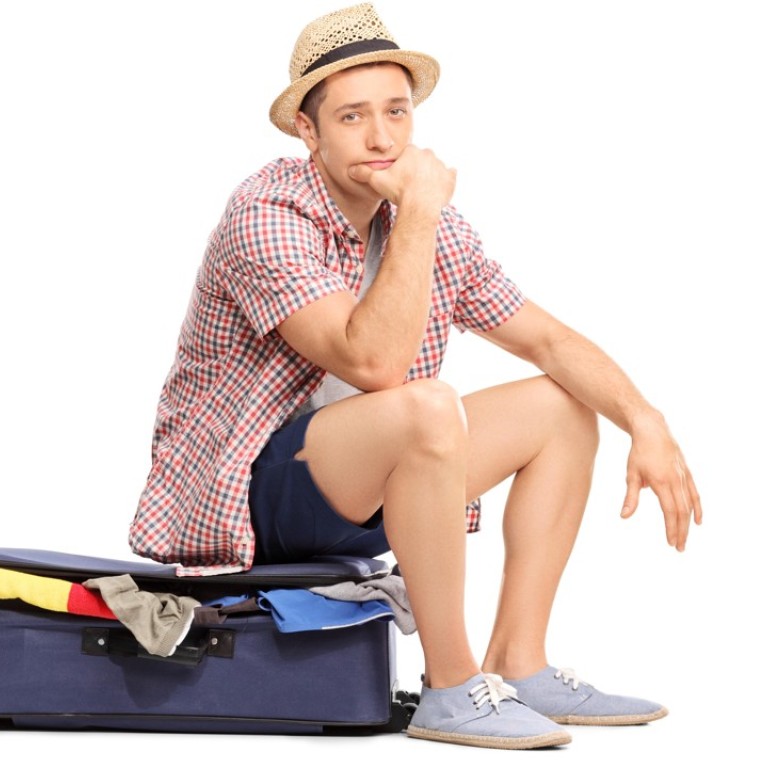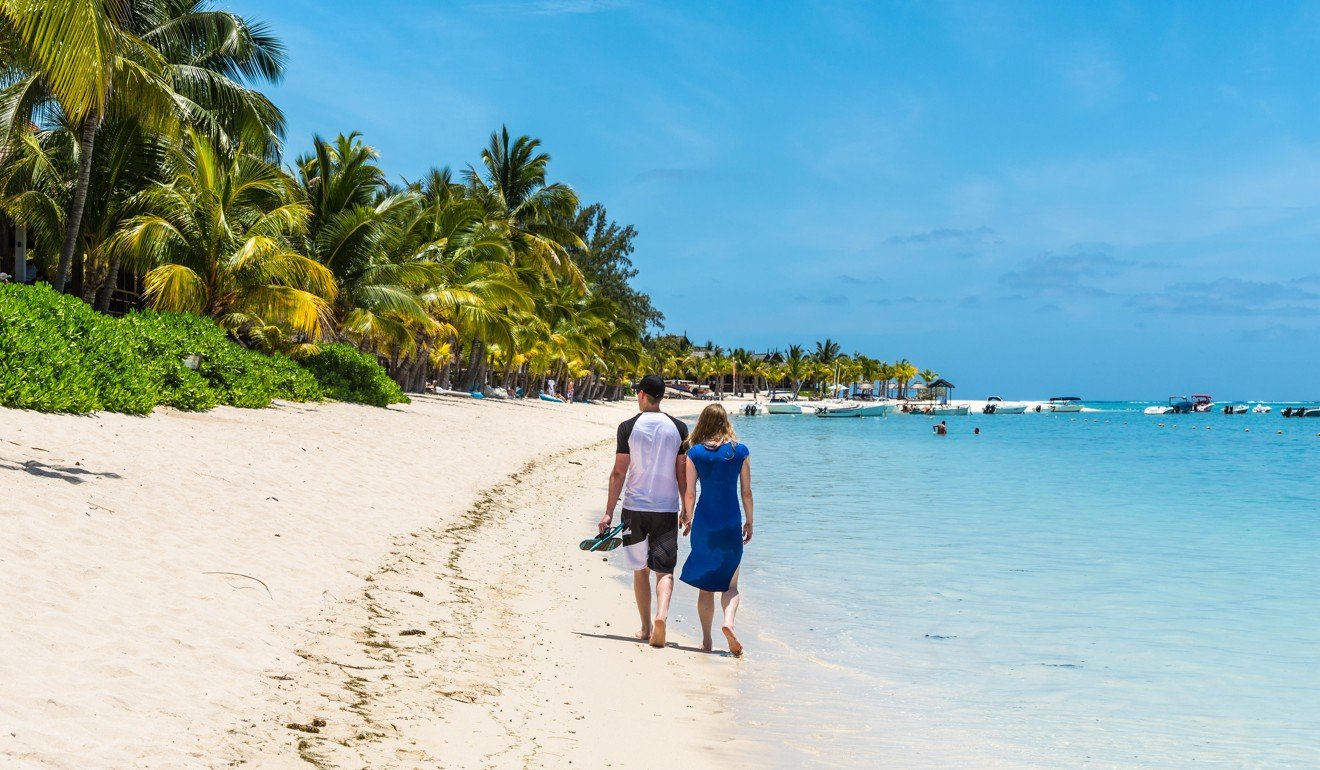
How to tell if you suffer from travel addiction. When wanderlust takes over your life
Travel addiction is an uncontrollable psychological need to wander, and it can disrupt lives and ruin relationships. With the ease of international travel and rise in the number of digital nomads, dromomania could be on the increase
Do you find yourself overcome by sadness when a holiday comes to an end? Do the images on social media of other people in exotic locales make you feel slightly nauseous?
Have you ever lied about the amount of travel daydreaming you do to family and friends? Ever compulsively obsessed over your next trip when you’ve only just returned from the last?
If the answer is yes to any of the above questions, then you might want to ask your doctor whether travel addiction is afflicting you.
According to some experts, travel addiction is very real, and it can be as disruptive to your life as any other dependency.

“Travel addiction is much more psychological (than biochemical); Like anything, if you let it overwhelm you, it can have serious effects on other aspects of your life.”
In fact, ever since the year 2000, dromomania – described as the unstoppable urge to explore – has been officially listed in Diagnostic and Statistical Manual of Mental Disorders.
How self-guided walking holidays in Asia can make hikers feel like travellers, not tourists
There have been well-documented cases of vagabonds wandering the world – and making themselves sick in the process. In extreme cases, wanderers suddenly take off on journeys with no conscious knowledge of their actions.

There are tales of an American man who, one day, just began to run across the country for no particular reason at all. (No, wait, that was actually Forrest Gump.)
How to stay (and even eat) for free on your next holiday
While Dadas may have become one of the first known victims of travel addiction, there is no doubt that part of the new interest in the affliction is being fuelled by the ease of travel in the modern world.
Lands that seemed distant to us decades ago can now be reached by an overnight flight and one or two connections. Both international flights and middle-class populations in the emerging world are on the rise, making travel more possible to more people.

And then there’s the whole rapidly growing digital nomad/travel blogger scene.
As internet connectivity has penetrated nearly every part of the planet, an entire generation of people is discovering that, in theory, they can work from anywhere in the world.
Why a growing army of ‘digital nomads’ are choosing Asia as their base
Many of these digital nomads also earn a living from writing about or posting pictures from their travels on blogs or social media.
As a result, an interesting “chicken and the egg” scenario has developed. Since many of these bloggers generate a large amount of their income and online “influence” from being on the road, they are perpetually in the position of having to keep travelling to earn money.
Which means we may be heading towards an ever-increasing epidemic of travel addiction.

